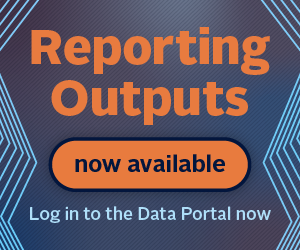Recent legislation such as the UK Modern Slavery Act, along with prominent examples of labour breaches in agricultural supply chains - which include child labour in the cocoa industry or forced labour in the seafood industry – are exposing food and beverage companies to heightened operational, regulatory and reputational risks.
62% of companies in the MSCI ACWI Index will be subject to the UK Modern Slavery Act, the California Transparency in Supply Chains Act or the proposed Business Supply Chain Transparency on Trafficking and Slavery Act in the US.
From 2013-2015, the PRI coordinated a collaborative investor-company engagement that saw supply chain labour reporting, and in many cases, practices, improve at 23 of the 34 global food and beverage companies targeted (detailed findings can be found in Appendix 1). This document, incorporating learnings from the engagement and third-party resources3, is intended as a tool for engaging food and beverage companies. It outlines the business case for engagement, what questions to ask, examples of good practice and further resources in each of the key areas.
Investors can also use the accompanying investor expectations statement to present to companies what investors expect of them.
Given the continued prominence of this issue, the PRI will coordinate a second phase of engagement to encourage further improvements, focusing on the following areas:
Supplier code of conduct
Establishing a code that reflects international standards, and applies to direct suppliers, as well as sub-suppliers, labour brokers and recruiters.
Governance
Ensuring board oversight, processes to respond appropriately to global regulation and internal capacity building.
Traceability and risk assessment
Mapping supply chains, by geography and by product, and assessing risk.
Sourcing and supplier relationships
Evaluating suppliers for labour performance, incentivising good labour performance through multi-year contracts, building supplier and worker capacity and avoiding short-notice requirements on suppliers.
Collaboration on systemic issues
Collaborating with external stakeholders such as trade unions, civil society organisations, human rights experts and sector peers.
Monitoring and corrective action
Monitoring labour performance of direct suppliers and sub-suppliers, reporting on outcomes and requesting corrective action plans for non-compliant suppliers.
Target setting and disclosure
Reporting regularly on management processes and on performance against measureable and time-bound targets in each of the above areas.
Downloads
From poor working conditions to forced labour - what's hidden in your portfolio?
- 1
 Currently reading
Currently readingIntroduction
- 2
- 3
- 4
- 5
- 6
- 7
- 8
- 9
- 10
- 11














